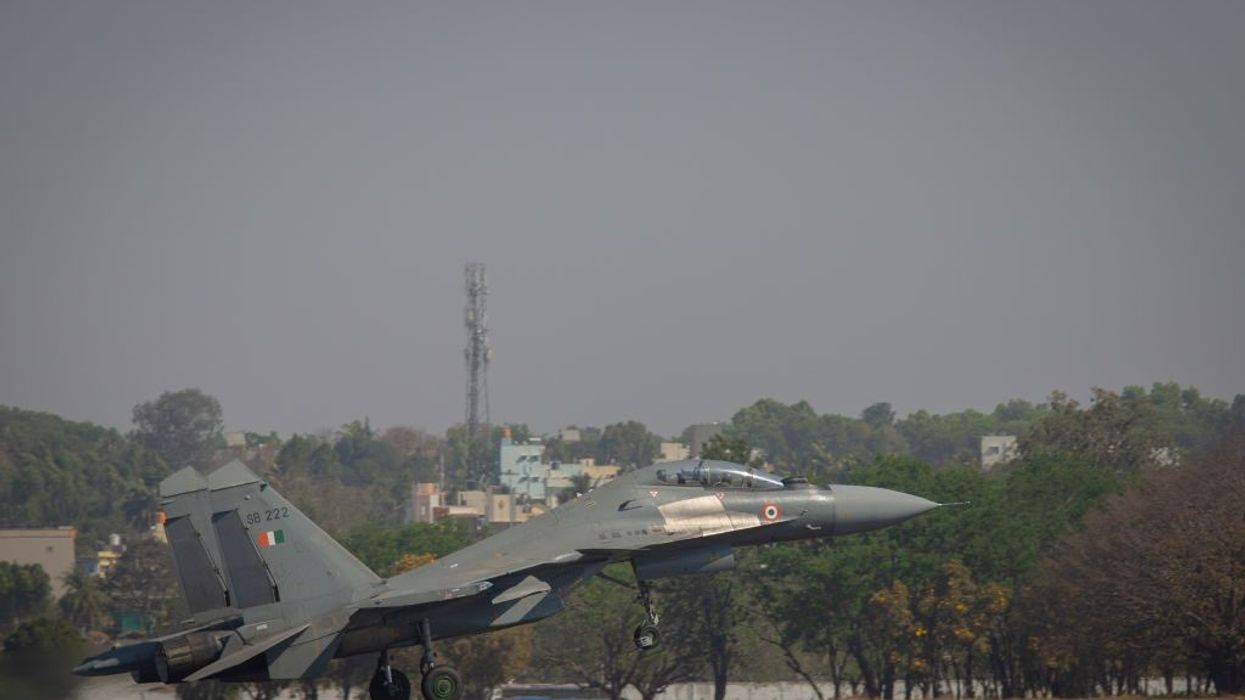India remained the world's top arms importer, but its imports declined by 11 per cent between 2013-17 and 2018-22, according to a Stockholm-based defence think tank.
The decline was linked to a complex procurement process, efforts to diversify arms suppliers and attempts to replace imports with local designs, a Stockholm International Peace Research Institute (SIPRI) report said on Monday (13).
It said the five largest arms importers in the world during 2018-22 were India, Saudi Arabia, Qatar, Australia and China. The five largest arms exporters were the US, Russia, France, China and Germany.
The imports by Pakistan, the world's eighth-largest arms importer during 2018-22, increased by 14 per cent, with China as its main supplier, the report said.
It said France's arms exports increased by 44 per cent between 2013-17 and 2018-22 and most of these exports were to countries in Asia and Oceania and the Middle East.
The report said India received 30 per cent of France's arms exports during 2018-22 and France displaced the US as the second-largest supplier of arms to India after Russia.
"France is gaining a bigger share of the global arms market as Russian arms exports decline, as seen in India for example," said Pieter D Wezeman, a senior researcher with the SIPRI Arms Transfers Programme.
"This seems likely to continue as by the end of 2022, France had far more outstanding orders for arms exports than Russia," he said.
The report compared two five-year periods and noted that Russian arms supplies to India are declining. It said the US' share of global arms exports increased from 33 to 40 per cent, while Russia's fell from 22 to 16 per cent.
"Even as arms transfers have declined globally, those to Europe have risen sharply due to the tensions between Russia and most other European states," said Wezeman.
"Following Russia's invasion of Ukraine, European states want to import more arms, faster. Strategic competition also continues elsewhere: arms imports to East Asia have increased and those to the Middle East remain at a high level," he added.
(PTI)




